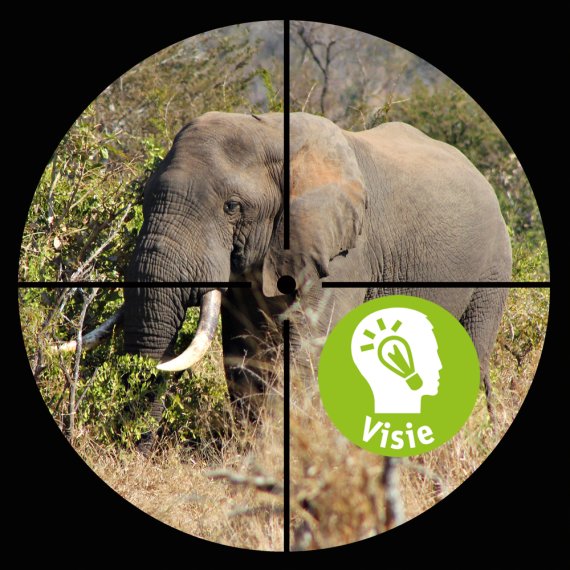Why don’t you agree with the researchers’ conclusion?
‘Consumption does indeed play an important role in the decline of large animal species. But is this about luxury cuts of meat for the elite or consumption by local communities who depend on these animals? And is this a direct impact because we eat the animals or an indirect impact due to changes in land use? This study does not really differentiate between these factors. The researchers point mainly to hunting, whereas the biggest problem is that game consumption is embedded in both legal and illegal global markets. That is quite different to people who eat wild animals as part of their culture and food system. If you use the same yardstick for everything, you conceal huge inequalities.’
Is there something in this notion of humans as ‘super-predators’?
‘I think it’s kind of nonsense. We have a huge destructive capacity but you don’t see a linear development in which we get better and better as predators. It doesn’t explain why some species have actually made a comeback since the 1960s and 1970s. Take the rhinoceros, for example.’
So the solution isn’t for us all to eat a bit less?
‘The authors argue that is what we should do. But the global economy is all about growth, with an assumption that consumption and trade should increase too. That can sometimes clash with Western ideas about nature conservation. You see that in political movements too; look at the new president of Brazil, Bolsonaro, who wants to give the agro-industry free rein in the Amazon. You won’t solve that problem by calling humans super-predators. That does not do justice to the complexity of the politics and power imbalances where nature conservation and food production and consumption are concerned.’

 Photo: Shutterstock
Photo: Shutterstock